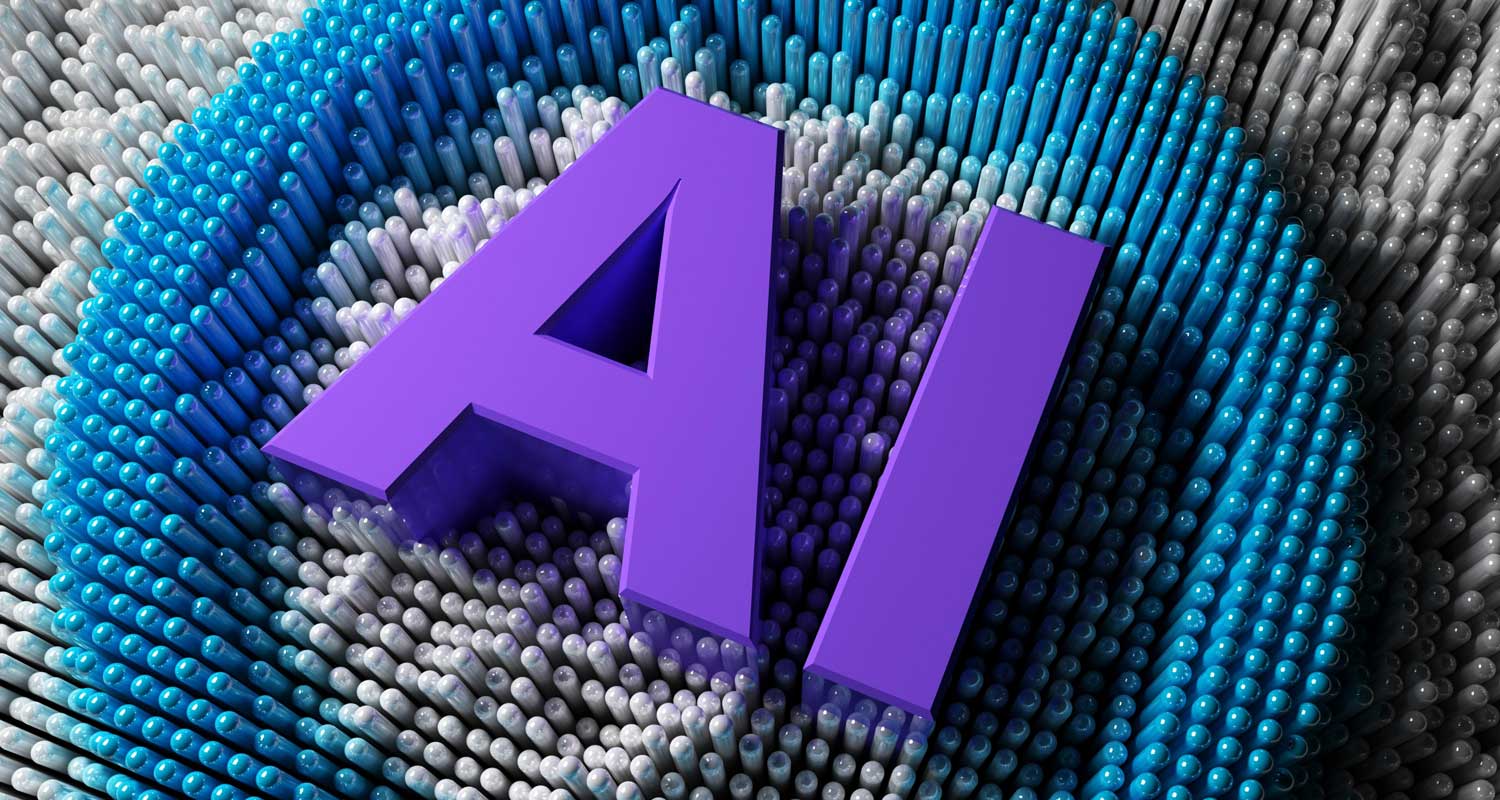 Scanning humanity’s eyeballs in exchange for cryptocurrency and assigning the encoded results to a blockchain is the kind of dystopian idea that might have stoked a speculative boom during the pandemic, before eventually crashing to earth and leaving a trail of angry investors behind. But with interest in artificial intelligence reaching fever pitch, this risky solution to proving personhood in the digital world is gaining new impetus.
Scanning humanity’s eyeballs in exchange for cryptocurrency and assigning the encoded results to a blockchain is the kind of dystopian idea that might have stoked a speculative boom during the pandemic, before eventually crashing to earth and leaving a trail of angry investors behind. But with interest in artificial intelligence reaching fever pitch, this risky solution to proving personhood in the digital world is gaining new impetus.
Worldcoin, backed by luminaries including Marc Andreessen and Sam Bankman-Fried, began as a way to create a valuable token by giving it away to people willing to identify themselves via their biometric data. What the project euphemistically dubs its “field test” phase involved scanning half a million irises using a chrome sphere dubbed “the orb” — prompting myriad accounts of exploitation, invasion of privacy, deception and attempted fraud. The story might have ended there.
But as the crypto winter gives way to a scorching AI summer for tech fundraising, the project is aiming for a new lease on life more aligned with the vision of another Sam — Altman, co-founder of Worldcoin parent organisation “Tools for Humanity”. Those iris scans, converted into unique identifiers, are the centrepiece of a plan to create a “World ID” that can distinguish between people and bots in a future dominated by AI. With Altman’s star riding high in the Silicon Valley firmament, the orb is embarking on a world tour accompanied by an app that offers crypto transactions. The Financial Times reports Worldcoin, valued at US$1-billion, is close to clinching $100-million in additional funding.
The full force of tech’s saviour complex is on display here, and regulators and citizens alike need to keep their collective guard up. You don’t have to be a Davos-attending globalist to see the benefits of an internet with fewer bots and more confirmed humans. But one also doesn’t have to be a hoodie-wearing bitcoiner or privacy activist to see the risks. Even if it can’t be traced back to its originator, an iris scan is sensitive data and handing it over should require informed consent about where it will end up. The Worldcoin Foundation is based offshore in the regulation-lite jurisdiction of the Cayman Islands, its digital-token allocation process is opaque, and its database of 1.7 million iris-originated codes requires faith in the accuracy of its underlying information. Why should anyone value this as a trustworthy digital turnstile for everything from financial services to universal basic income?
In the same way as techno-solutionists offer AI companions as the answer to loneliness wrought by social media, this proposed fix to the side effects of AI tools including ChatGPT, the generative software unleashed on the world by Altman’s OpenAI company, threatens to create even more unintended consequences. Already, TechCrunch has reported that hackers have stolen the credentials of several of its elite orb “operators” — essentially recruiters who earn money for every sign-up — even if Worldcoin says no personal user data was accessed. Worldcoin has also confirmed reports that hundreds of iris codes have flooded the dark web, changing hands for cash in territories including China where the start-up doesn’t operate. If the best technology is indistinguishable from magic, the effectiveness of World ID as the best way of defeating malicious bots looks more like an optical illusion.
Dark places
Tiago Sada, head of product for Worldcoin, says there has been less consumer resistance than expected to the project, but concedes that the pitch is complicated and “different people like different parts”. He says that today one could make the case that the Worldcoin app is helping humanity by offering crypto transfers, and that in future adding a digital ID could help some countries access financial services.
Bad press and bad vibes are unlikely to deter Worldcoin’s backers amid an AI gold rush. Another Altman-backed start-up, Humane, recently raised $100-million despite having neither product nor profit — it says it’s collaborating with OpenAI and will partner with Microsoft’s cloud services. Imagine Worldcoin one day being part of this network, with orbs that are smaller and more ubiquitous than they are today and iris-code checks serving as the Captcha checkers of the AI era and maybe even enhancing OpenAI’s value. The revenue model might involve charging fees for authentication, no doubt inflating the value of Worldcoin tokens for early holders. Not exactly humane for most of us, but aligned with Palo Alto’s worldview of improving humanity through utilitarian, data-driven experiments — even if academic Margie Cheesman calls Worldcoin a “scam-experiment”.
What happens next will depend on the ability of those orb operators to keep people signing up, whether crypto bros get seduced by the wave of enthusiasm for all things AI-related — and how determined regulators become to lift the hood of Worldcoin. When asked earlier this month when Worldcoin tokens would be distributed, Altman said Americans might “never” get any because of crypto regulation. Clearly dismayed by the state of crypto in the US, he said: “The Europeans are supposed to do this, but not us.” If the Europeans don’t flex their data-privacy muscles by taking a closer look at those orbs, the AI boom will take humanity to some pretty dark places. — (c) 2023 Bloomberg LP




